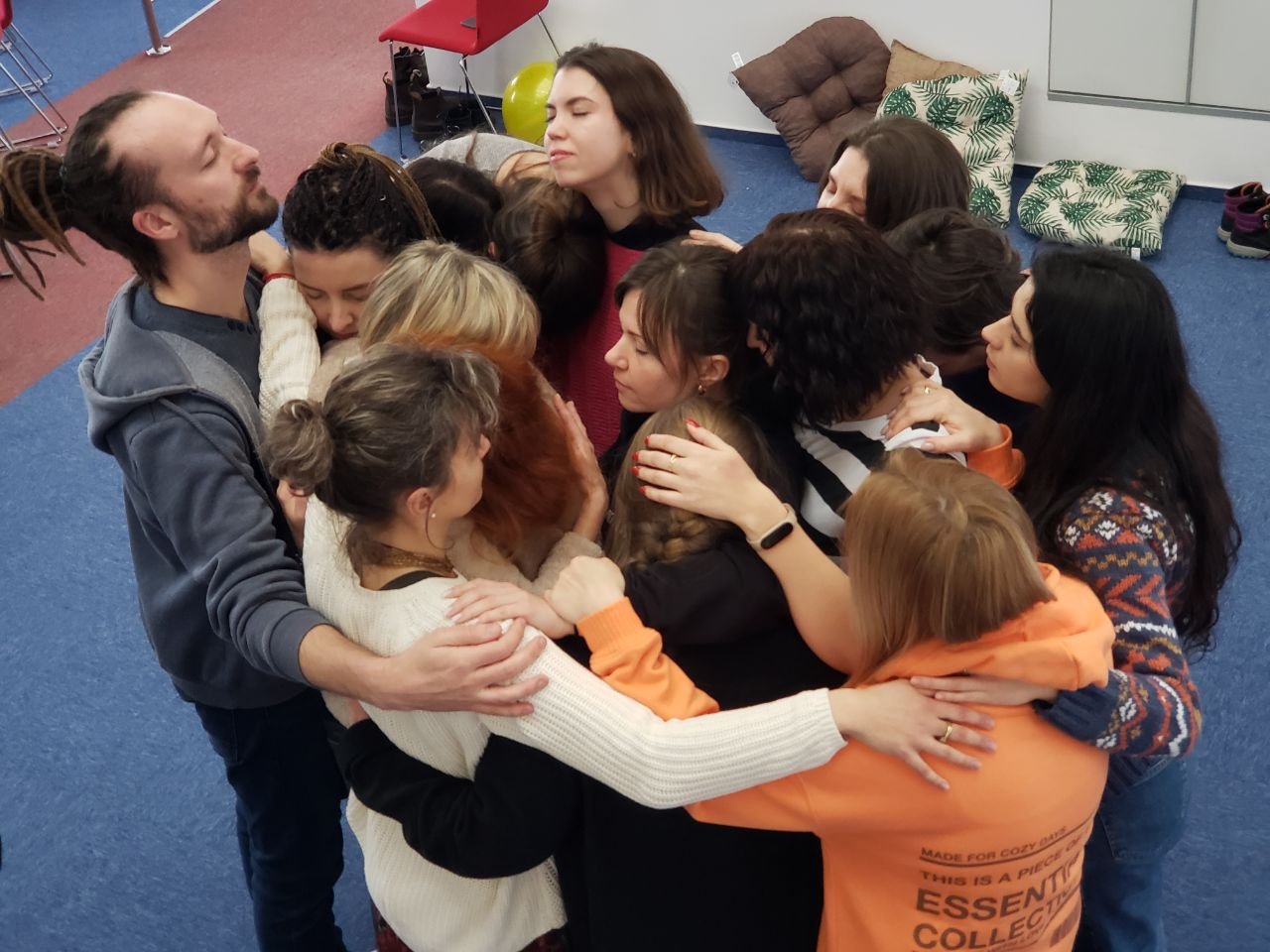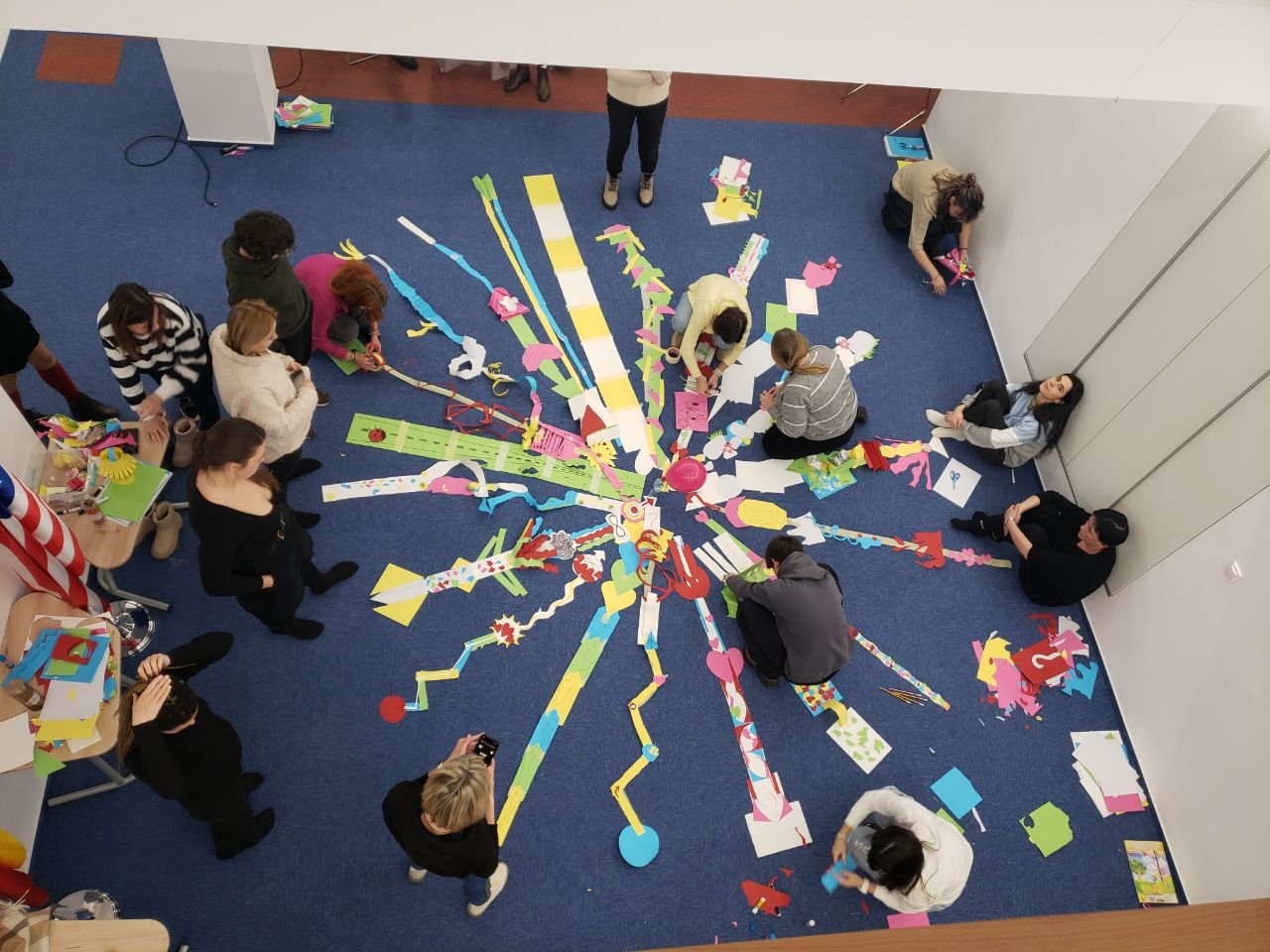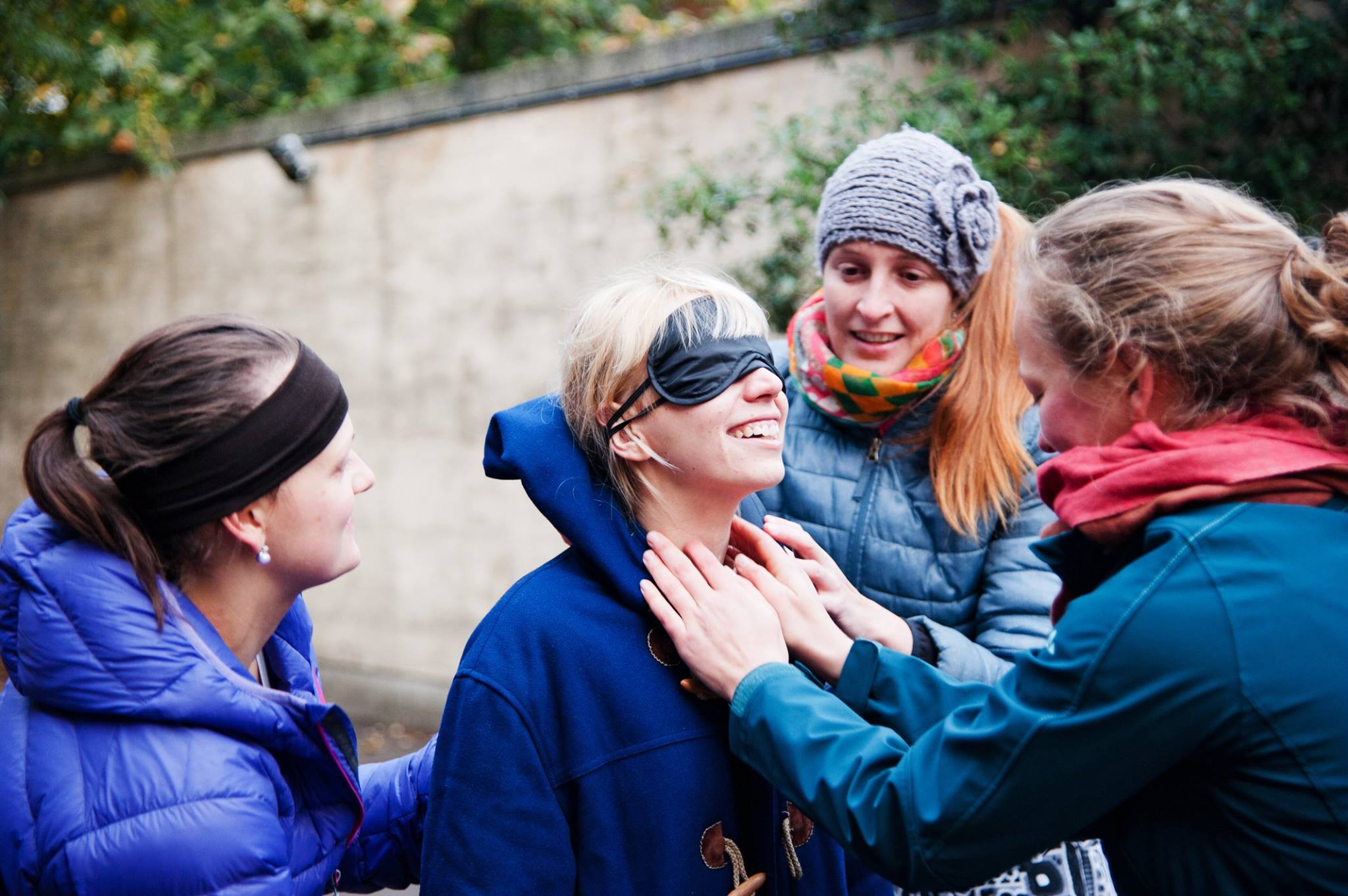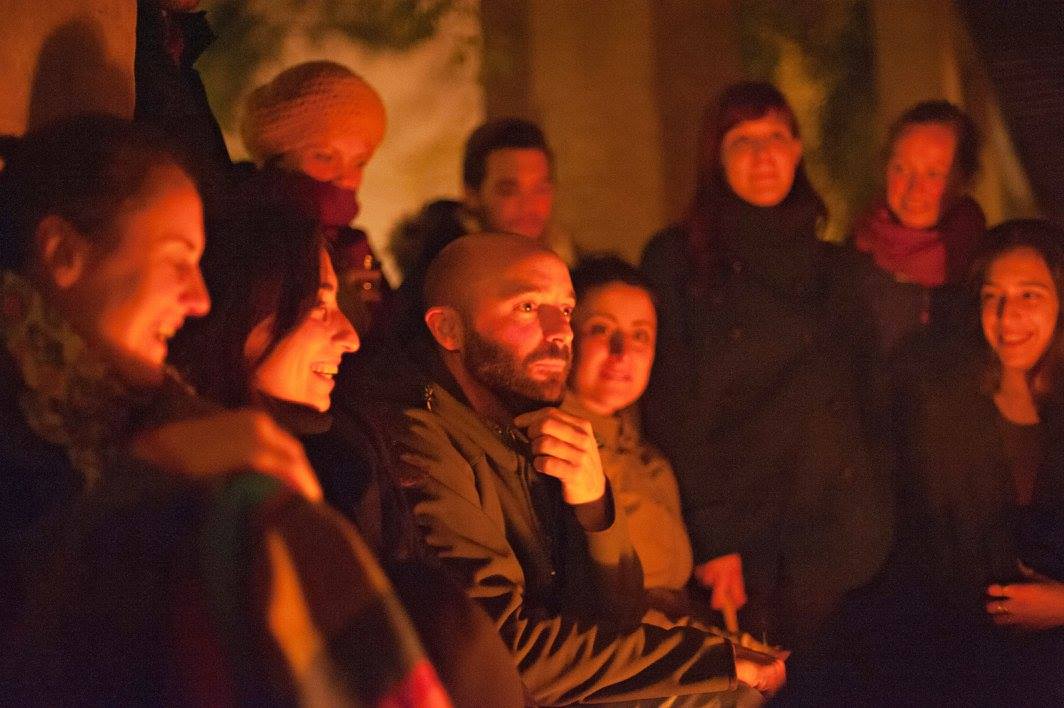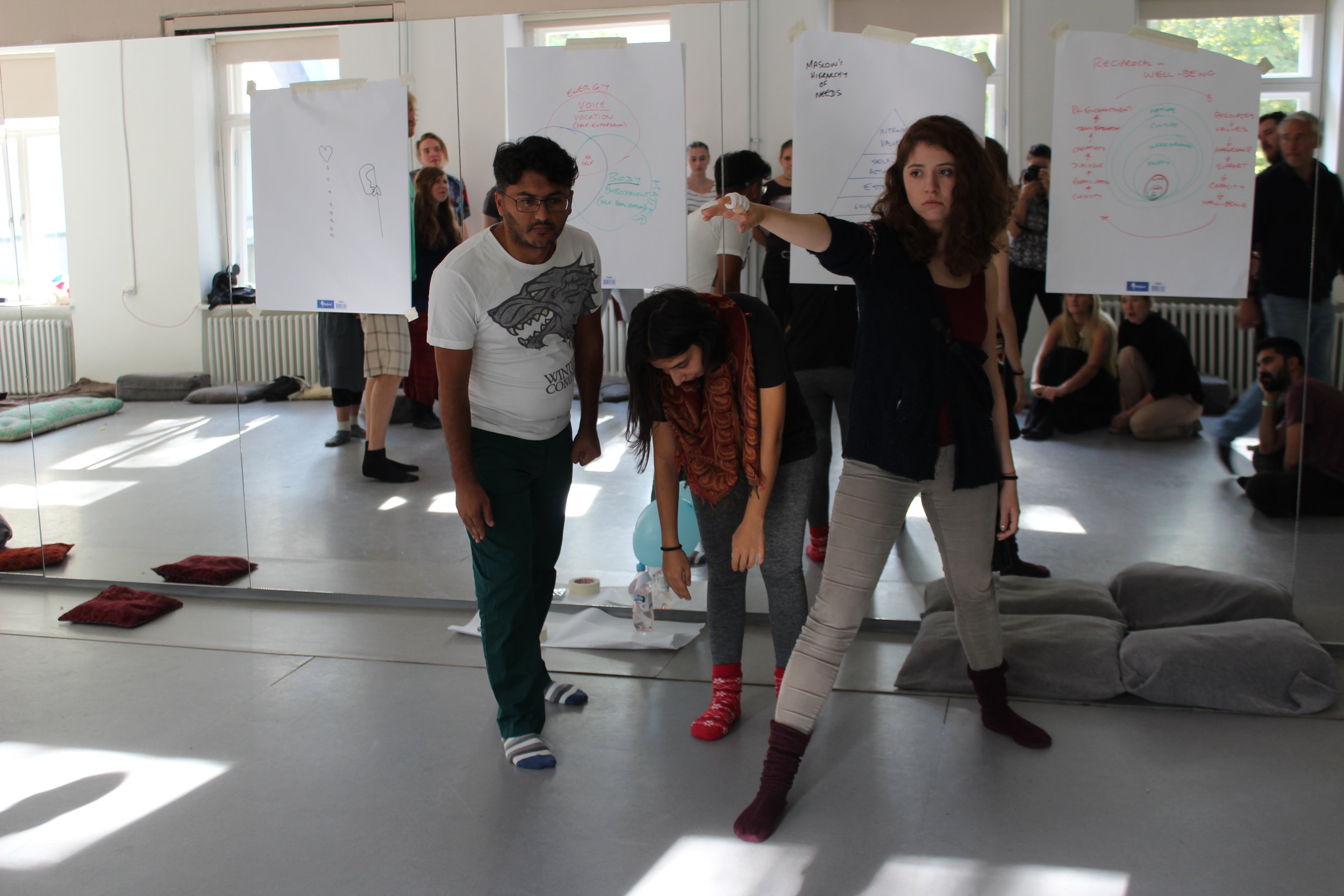The Art of Looking at Ourselves, Stroud, UK 28th - 30th April 2023
The Art of Looking at Ourselves is a three-day introduction to Context Oriented Arts (CoArts for short). CoArts in an applied theatre and mindfulness methodology which invites audiences to take the risk of falling awake to the miracle of being alive.
The Art of Looking at Ourselves is a three-day introduction to Context Oriented Arts (CoArts for short). CoArts in an applied theatre and mindfulness methodology which invites audiences to take the risk of falling awake to the miracle of being alive.
The Art of Looking at Ourselves is a three-day introduction to Context Oriented Arts (CoArts for short). CoArts in an applied theatre and mindfulness methodology which invites audiences to take the risk of falling awake to the miracle of being alive.
What is The Art of Looking at Ourselves?
The Art of Looking at Ourselves is a three-day introduction to Context Oriented Arts (CoArts for short). CoArts in an applied theatre and mindfulness methodology which invites audiences to take the risk of falling awake to the miracle of being alive.
Who is it for?
It is for those who are curious about exploring non-duality, effortless mindfulness and playful creativity through group processes that can be challenging but never confrontational.
Where does the training take place?
CoArts is an applied theatre method that is site-specific and has occurred in many different places both in natural and built environments. For this three-day introduction we will be inhabiting the Old Convent in central Stroud. A spectacular building with atmosphere to spare.
What will we be doing?
First and foremost, we will be creating a sensory journey for invited guests, such as friends and family, who we call travellers. Their journey is made blindfolded and alone and is through a labyrinth of multi-sensory installations, called sensory portals. The training participants co-devise, create and then perform these portals – they are called gatekeepers. The journey is site-specific in its truest sense – it is specific to the place, the people who make it and the moment of encounter with the traveller passing through.
Creating and rehearsing this shared experience only occurs on the last day, and this induces a certain amount of panic and stress. The first two days are a training in how to hold that stress in an expanded awareness of the body and mind. This is an essential skill to be a gatekeeper. Travellers passing through the sensory journey are at their most vulnerable and as gatekeepers we must meet them in that vulnerability. Such a role requires a compassion that is not taught but is an emergent property of meeting our true nature. This is revealed through dynamic metaphors, mindfulness practices and inquiry and reflection circles.
